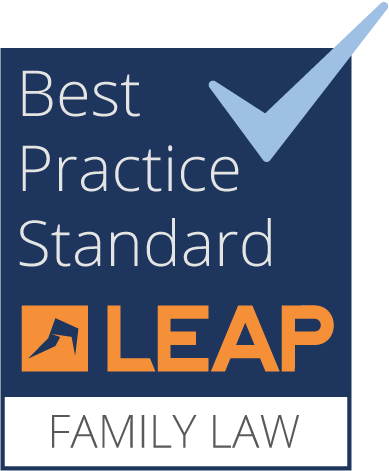Can the media attend my family court case?
Media journalists have been allowed to attend the family courts but are unable to report on cases and family proceeding, unless they are cases that are heard in the Court of Appeal and were still subject to reporting restrictions. However, from Monday, 30 January 2023 this has changed with accredited journalists and legal bloggers being allowed to report publicly on family cases but this remains only in specific family law proceedings. Also, this will only be permitted in the family courts that are situated in Leeds, Carlisle and Cardiff as part of a pilot scheme being rolled out.
What brought on this big change of allowing the media into the family courts?
This was following a review of transparency in the family courts. The changes are intended to improve transparency and accountability within the Family Justice System.
What is hoped will be achieved by the Transparency Reporting Pilot and allowing the media representative in Family cases?
It is hoped that transparency and accountability in the Family Justice System will improve and that this will lead to improving public confidence in the Family Justice System. However, with this in mind the anonymity of the families and the children who are in need of the Family Justice System must be protected and only limited information can be published.
There is uncertainty currently in what goes on in the family court in those cases conducted in private, so it is hoped that by allowing the media in will allow the public to gain a better understanding and enhance public confidence in the system. For example, it is intended that better transparency will improve the public’s understanding of the circumstances in which children are removed from parents care by the state in care proceedings and may also allow parents to feel as though they have a voice. It is also intended that allowing journalist in will make those involved, from Judges, local authorities to legal representatives accountable for their actions and decisions.
Will all journalist be allowed to report on family court proceedings?
The answer is ‘no’, only accredited media representatives such as accredited journalists and legal bloggers will be allowed to attend and publicly report on family court proceedings.
Will the media be allowed to report on all types of family law cases in court?
From 30th January 2023, journalists will be allowed to report on care applications, and placement applications that are made within existing court proceedings (children placed for adoption within care proceedings). However, after a 6–8-week period private law children cases (for example children cases involving disputes between parents) may also be reported on by the media.
There are many family law cases that will not be open to reporting by the media and these include Adoption cases, cases involving financial disputes and applications for non-molestation orders and occupation orders, involving persons who are victims of domestic abuse.
Judges still have discretion to exclude members of the media in particular cases, for all of the proceedings or a particular hearing, allowing discretion to vary the transparency order.
Can a party to the proceedings speak to journalists?
Unlike before lay parties in a case will be permitted to talk to journalists about their case, something that before would have caused them to be found in contempt of court. The information must be given anonymously however.
Will journalists have guidelines to follow in their reporting?
Journalists will be subject to very clear rules and guidelines that will define what they can and cannot report on. They will for example not be allowed to report on details relating to the children, the families or the intimate details of their private lives to include addresses. Any details that may identify the family involved must not be published.
What is the Transparency Order?
The transparency order defines what matters can be reported on in cases and can be adjusted to each individual case. However, the identity of the Judge hearing the case and details of the legal representatives for the parties in the case may be disclosed by reporters. In cases involving children in care proceedings, the local authority bringing the proceedings can be named.









